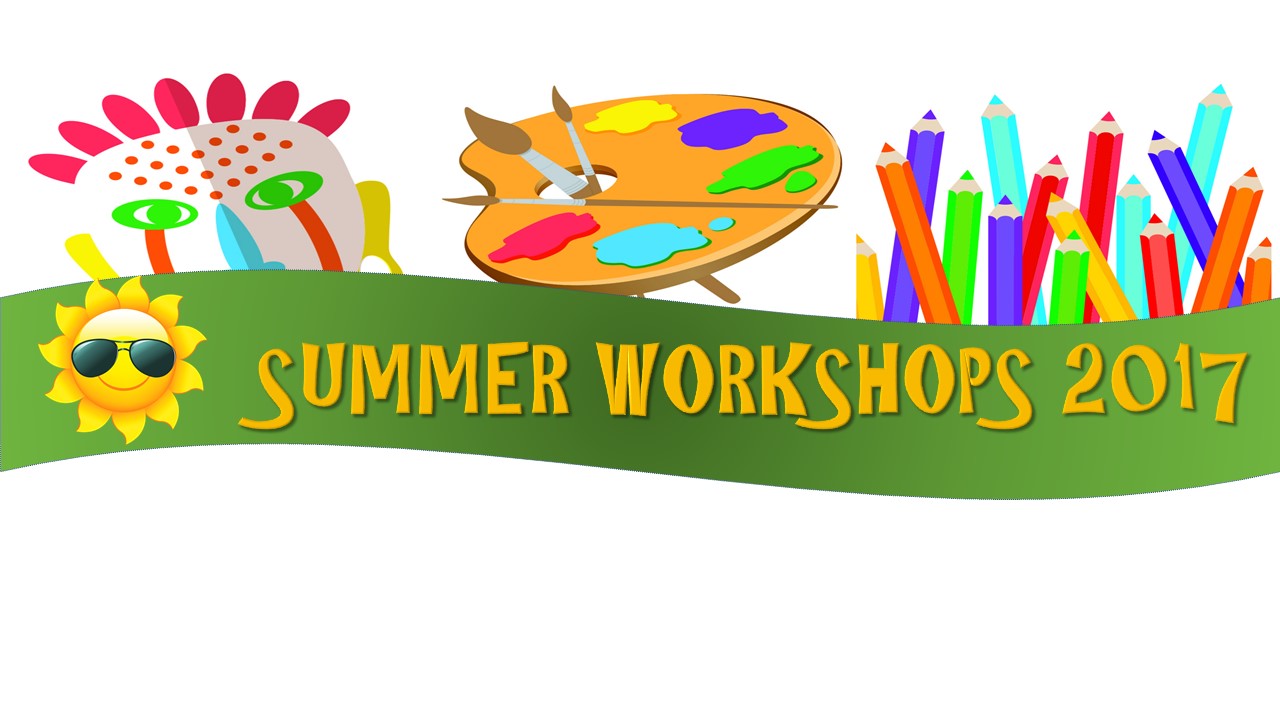“A “D” in Math again?” What will happen to your career?
“But Mom, I have an A in History”
“What will you do with “History”?
This could be a common parent child conversation in middle years. As part of the career assessment program, I get into a deep diving session with the students to help them understand themselves better, a variety of interests appear leading to an engaging conversation on what should be the next step in their career path or what career paths are open for them.
Basis my experience of working with students and parents, I present here 10 tips to help your children make the best possible decision towards a meaningful career path:
1.Engage in meaningful conversations as a family: As the child enters grade7/8, let the family conversations be geared towards, “what next?” The stimulation could be a movie, a visit to a museum, a vacation or just general sharing the highlights of the day by the family members. The best career exposure starts with the parents. So, how about mommy talking about the high and low points of the day at home or at the office?
2.Share how does your family defines success. Success is the progressive realisation of a worthy idea. What does your family consider “worthy” Is it more money, more fame, getting a “job”, starting a “business”, taking the existing family business to the next level, getting admission in IIT or Harvard, getting an engineering degree? Children drive their family’s values and make their decisions and choices based on these. Even though, it may seem that they are influenced bye their peers, research studies show that the big decisions are driven by their family values and priorities.
3.Help the children identify their interests and passions. When the children follow their passions and interests, they love what they do, the chances of success are higher. Academic scores may not be the determinant of a career path. I had a student consistently scoring high marks in biology and Math but her interest was in economics and business. Early on, let them participate in a variety of activities, debates, clubs.
4.Help them identify realistic career path. My daughter was very interested in music and aspired to be a pianist. When we sat down to chart a path towards her aspirations, she realised that to be the lead pianist at a world class concert may be a long drawn path that she was not keen to pursue. She continues to practice music as a stress buster along side her main career focus.
5.Share your growing up stories- Children learn more from what they see and hear from their parents’ journey and less from what they are asked to do. Talk about your challenges and wins and losses from your high school, college and early career days- how did you cope, what helped, what did you learn from your mistakes etc.
6.Shadow training/internship opportunities in high school. Exposure to a variety of career options in real life especially once the children are in high school helps substantially. Keeping the safety of the child, can they spend a day or two or a week in a professional setting? It could be with the parent, a friend or a fellow professional?
7.It is ok to be confused. This is a common concern as students walk into my office for career guidance. I’m confused. I do not know what to do. The children who say “I want to be a doctor and I’m sure about it since grade ‘5’. I would be a little cautious. I prefer “confusion” as a counselor so that children can find out, explore and make well informed career decisions and choices.
8.Focus on skills for a sustainable successful future in this volatile world. Twenty years ago, we did not need smart phone specialists. Till 2020, “RTPCR” tests did not exist. Markets mushroomed with “masks” and “designer masks” in 2020. It is volatile, ever changing technology driven world that also brings along its own stresses of mental health challenges. Let’s equip the children with skills in critical thinking, problem solving, resilience, communication and collaboration so that they can adapt to the changes smoothly. This begins at home when the children are encouraged to take charge of their lives gradually. It’s “lives” not just careers.
9.Help your child find their “Harvards”. Topper of the class may not necessary be the most successful in their careers. All Harvard graduates may not be at the top of their career games. All CEOs are not from Harvard and Stanford. It is not where you go for University education but what you make of it defines your success at the university and beyond. Help your child find their “Harvards” and IITs and IIMs. Help them choose a course, college where they will thrive, which suits their personality and aspirations. If required, seek professional help, use multiple tools to help your child make well informed career decisions.
10.Emotional well being, mental health is key to success. If I feel judged and let down, my day goes for a toss. Imagine the little kid of 12/13/14/15 who is grappling with the “chemical locha” in their frontal cortex, what they must be going through when not acknowledged and appreciated.
Career counselling, schooling, coaching begins at home. A parent knows the child the best. You can identify the right time to start career conversation. It could be grade 7/8/9/10. It is never too early and never too late. What is crucial is that as parents, we gradually empower the children to start thinking about themselves, what they and why they do it, give them adequate exposure and information to help them make decisions, let them make mistakes and let them learn from their mistakes. Help them define and carve their success stories.
 This article is by Anjana Anand Career Counselor, FYCGlobal [email protected]
This article is by Anjana Anand Career Counselor, FYCGlobal [email protected]





